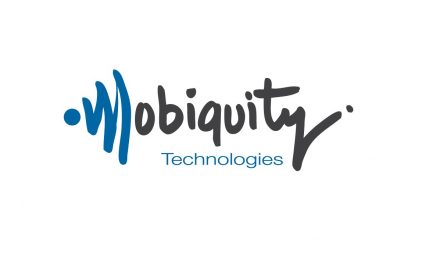Citigroup Delves into Blockchain with ‘Citi Token Services’
Citigroup Inc. has unveiled its blockchain-derived feature, Citi Token Services, marking its foray into advanced cash management and trade finance solution tailored for its institutional clientele. This innovative service translates customer deposits into digital tokens, enabling instantaneous international transfers, a substantial leap from the conventional transaction processes that have been the industry standard for decades.
James Wester, the influential Director of Cryptocurrency and Co-Head of Payments at Javelin Strategy & Research, marked Citi’s announcement as pivotal. “First, the utilization of tokenized deposits for addressing cross-border payment flows corroborates a crucial use case long regarded as a prospective application for enterprise blockchain,” he emphasized. “Second, Citi’s decision to extend this tool to trade finance is a stride towards rectifying a sector notorious for its inefficiencies.”
Efficiency and Real-time Transactions
Citi Token Services aspires to revolutionize the traditional approach to cross-border monetary transfers by mitigating the complications and delays arising from disparate financial systems and varying operational timelines prevalent across different geographical locales. It pledges to offer its clients a seamless, round-the-clock transactional banking experience, eradicating the age-old reliance on processes steeped in extensive paperwork and extended timelines.
This year, Citigroup has been proactive, collaborating with the Federal Reserve Bank of New York to experiment with a digital dollar, highlighting the viability of shared ledgers and tokenized assets to refine wholesale payments, a revelation reported in PaymentsJournal. In embarking on this new blockchain venture, Citigroup positions itself as a contender against JPMorgan Chase, another banking giant exploring the realms of blockchain-infused digital deposit tokens aimed at refining cross-border payments.

The impact of Citi Token Services is anticipated to ripple through trade finance, a domain traditionally entangled in cumbersome paper-based procedures. The reliance of the shipping sector on letters of credit from banking institutions is a notable example. The integration of smart contracts, integral components of blockchain technology, holds the promise of overhauling these outdated processes.
Signifying the practicality and effectiveness of this service, Citigroup has reportedly executed successful pilot programs with prominent entities like a canal authority and A.P. Moller-Maersk A/S, a leading ocean-cargo firm. These trials have showcased the immediate transfer of tokenized deposits to suppliers, facilitated by the intricate capabilities of smart contracts, as mentioned in Bloomberg’s reports.
Citigroup’s venture into the blockchain domain marks a crucial juncture, not only reflecting the adaptability of conventional banking systems to technological advancements but also underlining the potential enhancements blockchain could bring to longstanding financial processes and frameworks.





